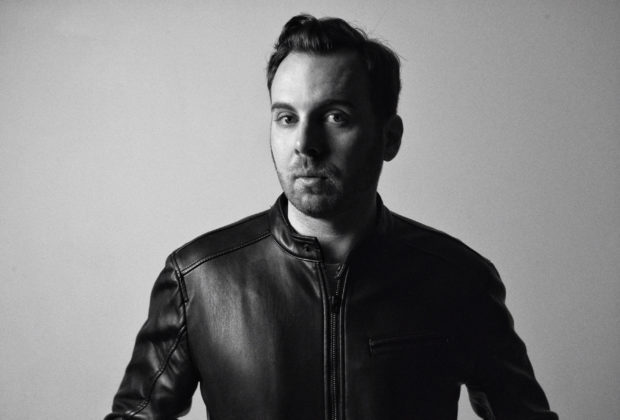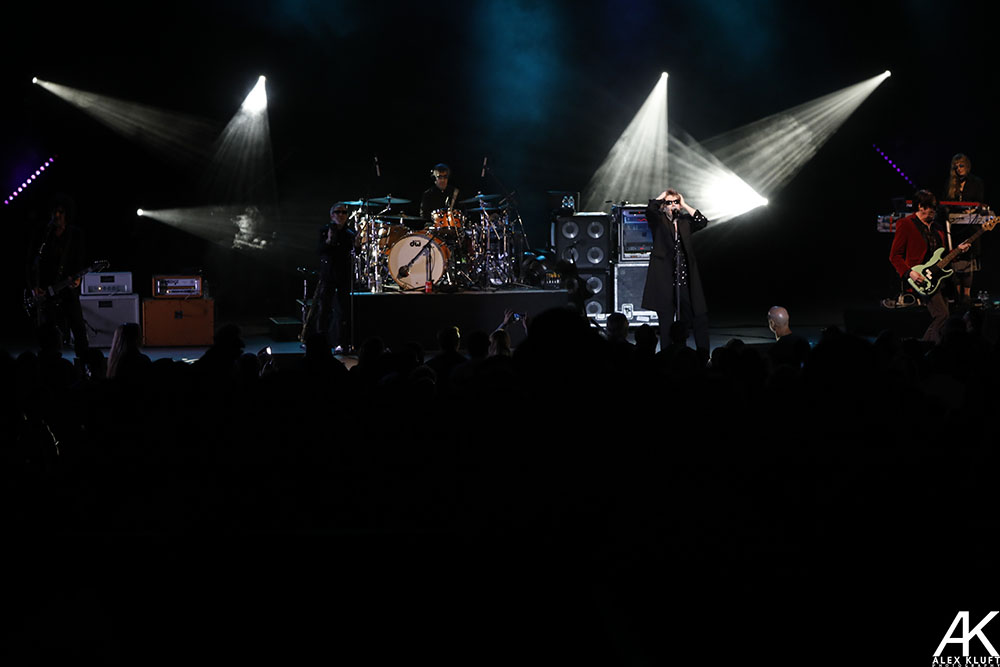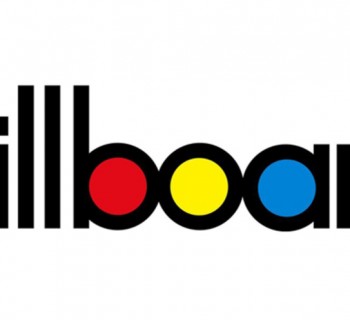Producer, mix engineer and three-time Grammy-winner Brent Kolatalo started his career in earnest when he enrolled in Boston’s Berklee College of Music. Two years in, he realized that there was more to learn on the job than in any dollar-driven classroom. He’d already landed an internship at Avatar Studios (now owned and run by Berklee, coincidentally). Moreover, he’d worked closely with established producer and Berklee alum Ken Lewis when they were introduced by the same guitar teacher when Kolatalo was a teenager. When Lewis made him a job offer, it prompted him to abandon Berklee. The irony blazed brightly to all involved when his first major project became Kanye West’s 2004 The College Dropout. Artists on his roster also include Jay-Z, Drake and Kendrick Lamar.
Much of his work comes to him from major labels. Rightly or wrongly, A&R reps have a longstanding reputation of being demanding. But Kolatalo finds that any and all challenges can and should be sidestepped easily.
“Have meetings constantly,” he suggests. “I’m lucky that I have a manager who handles much of the A&R aspect. But it’s important to show them that you’re always working and will do things like show up at parties. Taking on an artist that isn’t as big yet is good, too. Always let them know that you’re working on current things.”
In 2011, Kolatalo and Lewis formed their production team Katalyst. Eight years on, the pair continues to conjure stellar work with and for high-profile artists. “I love being able to bounce ideas off of someone else,” Kolatalo says. “When I produced on my own, sometimes I’d get lost in my head; I’d go down a path where I’d have to be the only choice-maker. Sometimes you have to get an outsider’s opinion. I recommend production partners [because] they’ll have a strength which for you is a weakness. Ken’s is to bring out vocal melodies whereas mine are drums and the beat. That’s really powerful.”
When Kolatalo receives tracks, ideally there will be certain things in place that will make his job easier. Unfortunately, they’re not always provided. “Labeling is number one,” he asserts. “Often tracks aren’t properly marked; it’s like ‘Audio one, audio two, audio three.’ I then have to go through and listen to everything. Grouping things and making decisions helps. Don’t send me 40 vocal tracks. Comp them down. It’s simply too excessive. Sometimes I get sessions that are more than 200 tracks. There’s no point to that.”
Spotify’s unsigned playlists often prove a rich source of new talent. “That’s the exciting part about music right now,” the producer notes. “Artists don’t even need to get signed anymore. They can earn a decent paycheck from Spotify streams. If you own the master and do a million streams, I believe that pays around five thousand dollars a week. If you can average a million streams [a week] on all of your stuff, that’s not a bad living.”
A positive relationship with an artist outside of the studio, Kolatalo has experienced, is the best way to help them create while in the studio. “Everything is about vibe,” he observes. “Get to know artists and vibe with them before you start to work. Go out for a beer or have dinner. Find out how they make music and what inspires them. If an artist isn’t comfortable when you start to write, they’ll be closed off.”
The three most important lessons he’s learned as a producer and mix engineer are:
- Listen to the artist. Be their guide and understand what they’re going for, sound-wise.
- Be able to hang out with artists and establish a good rapport. That’s crucial before you begin to work.
- Come into a writing session with ideas. Arrive prepared.
Currently, the team is hard at work with Dua Lipa on the follow-up to her 2017 self-titled smash Dua Lipa. Another of their current projects is the title track for the upcoming Will Smith film Spies in Disguise. Des Rocs is an independent artist with whom they’re also producing. The production duo came to know him when he was signed to Epic Records a few years ago. “The plan is to get him viral,” Kolatalo explains. “Build the infrastructure and assemble your fanbase first. All the labels want to see that.”
Contact brentk.com













